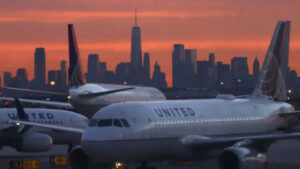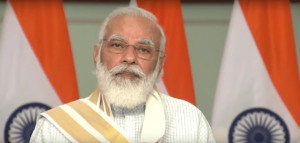
Global spread of Omicron prompts new lockdowns, delays in easing restrictions. Omicron infections are multiplying rapidly across Europe, the United States and Asia, including in Japan where a single cluster at a military base has grown to at least 180 cases. Many nations are on high alert just days ahead of Christmas and New Year celebrations, as the latest health crisis also takes a toll on financial markets, which fear the impact on the global economic recovery.
In India, New Delhi Chief Minister Arvind Kejriwal urged citizens to wear masks and appealed to the federal government to allow booster vaccine doses as the country reported 200 cases of the variant across 12 states.
In Singapore, the health ministry was carrying out testing to determine whether Omicron was behind a suspected cluster of cases at a gym and warned more cases were likely.
In the United States, officials said the variant claimed the life on Monday of an unvaccinated man in Texas after becoming the dominant strain in the country. Lines for COVID-19 tests wrapped around the block in New York, Washington and other U.S. cities as people clamoured to find out if they were infected before celebrating the holidays with family.
South Korea, the Netherlands, Germany and Ireland were among countries to reimpose partial or full lockdowns, or other social distancing measures, in recent days.
Israel added the United States to its “no-fly” list, citing concerns over the variant, while Kuwait said it would require incoming travellers to have received a booster shot if more than nine months had passed since their second vaccine dose.
New Zealand delayed the planned reopening of its international border because of the sweeping spread of Omicron around the world on Tuesday, as several other countries re-imposed social distancing measures.
New Zealand COVID-19 Response Minister Chris Hipkins said his country, which imposed some of the world’s toughest COVID-19 measures, was delaying the start of a planned staggered reopening of its border until the end of February.
The government had previously said quarantine-free travel would reopen by mid-January for New Zealand citizens and residents in Australia – a timetable that would have allowed travel during the peak summer vacation period – and by April for foreign tourists.
“There’s no doubt this is disappointing and will upset many holiday plans, but it’s important to set these changes out clearly today so they can have time to consider those plans,” Hipkins said at a press conference.

